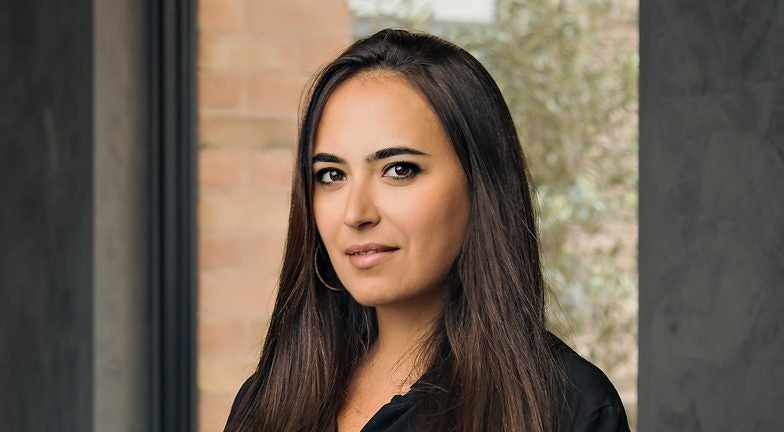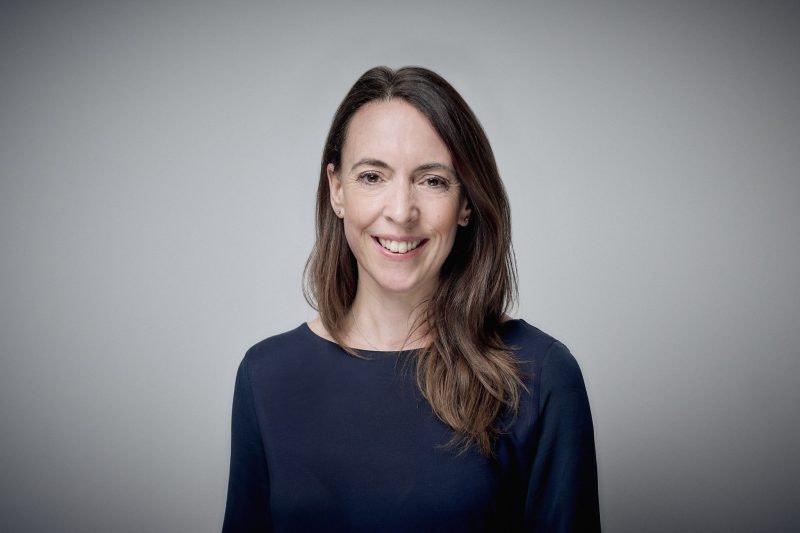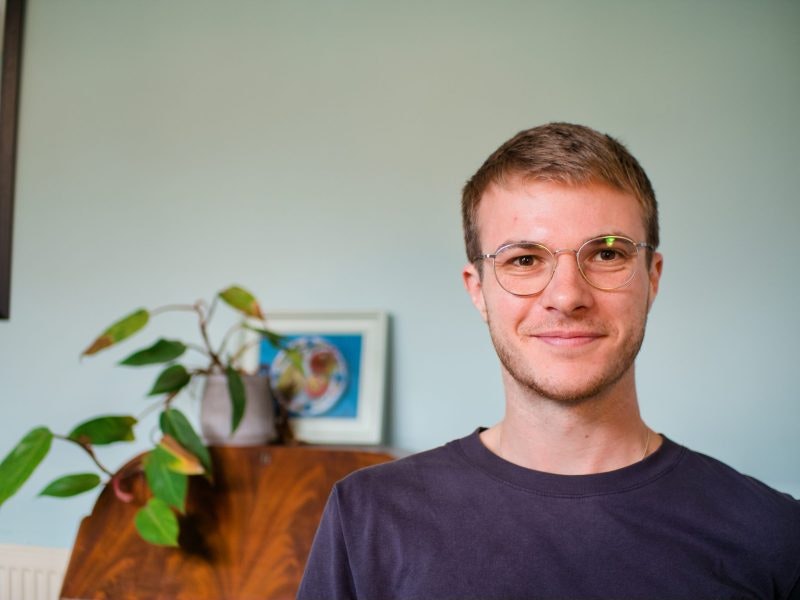Outside London, Cambridge is the UK’s top startup hub by funding in 2024.
Startups in the university city have picked up €807m so far this year, according to Sifted data. While that’s well short of the €12bn raised by London-based tech companies, it’s nearly double any other regional hub in the country.
Quantum computing startup Quantinuum’s €276m round in January was the biggest raise in the city this year, but a chunky €69m for Riverlane, another quantum startup, and €43m for techbio Healx have also plumped up funding figures.
It’s no coincidence that the latter two are University of Cambridge spinouts. According to a 2023 report by Beauhurst, the institution came second to only the University of Oxford in spinning out tech companies since 2011.
So which Cambridge-based startups have VCs got their eyes on? To find out, Sifted spoke to investors from AlbionVC, Octopus Ventures, Parkwalk Advisors and 7percent Ventures. There was just one rule: they couldn’t nominate companies from their portfolio.
Nadine Torbey, partner at AlbionVC

Nyobolt
Nyobolt is building battery technology that charges electric vehicles and industrial applications. By solving key challenges in energy storage like delivering rapid charging without compromising performance or lifespan, Nyobolt is positioned to meet the urgent demand for more efficient and sustainable energy solutions.
Molyon
Molyon is developing energy storage solutions, specifically focusing on lithium-sulphur (Li-S) batteries — which can be used for applications like electric vehicles and power storage. This technology offers significant advantages over conventional lithium-ion batteries, such as higher energy density, lower cost and environmental benefits, positioning Molyon to address critical needs in the clean energy market.
Simon King, partner at Octopus Ventures

Pragmatic Semiconductor
Pragmatic is a semiconductor startup, building low-cost, flexible chips that can be embedded into things like smart packaging and used to track products and verify their authenticity. We have seen many companies try and fail to commercialise flexible electronics but Pragmatic is making this a reality. In March the company opened a new manufacturing facility in the North of England.
Signaloid
Signaloid is developing a computing tool that helps large language models (LLMs) handle data that is incomplete or not exact when making calculations — a common occurrence in areas like finance or engineering. It’s a technically challenging problem, but Signaloid is tackling it by enabling existing software to use the uncertainty in inputs to give a deeper understanding of problems, ranging from materials analysis to financial modelling.
Cambridge GaN Devices
Cambridge GaN Devices is a semiconductor company focused on designing, developing and commercialising energy-efficient GaN (a type of semiconductor material used in electronics)-based electronic components, which are used to control and manage electrical power. Those can be used in a wide range of applications, from consumer electronics to industrial systems.
Cassie Doherty, investment director at Parkwalk Advisors

Sparxell
Sparxell says it has developed the world’s first 100% natural, high performance, biodegradable pigments. Its technology can be used for applications from cosmetics to paints.
Constructive Bio
Constructive Bio has developed a way to reprogram the genetic code of cells to create new biomolecules, turning them into “biofactories” that produce sustainable materials, medicines and industrial products. Leveraging breakthrough science from the University of Cambridge-based MRC Laboratory of Molecular Biology, Constructive Bio synthesises entire genomes to unlock novel biopolymers. These innovations have applications in pharmaceuticals, agriculture and biomaterials, pushing the boundaries of natural biology and chemical space.
T-Therapeutics
T-Therapeutics is a biotech company that has developed a way to use T cells, a key part of the immune system, to target and destroy cancer cells. Using proprietary tech, the company identifies optimal T cell receptors (TCRs) that can specifically recognise and attack tumours.
Harry Morgan, investor at 7percent Ventures

Prospectral
Prospectral is building spectral sensors — which analyse different wavelengths of light to identify materials that wouldn’t typically be picked up by regular cameras. The tech has the potential to help businesses more accurately and efficiently detect objects. It could be used in the recycling, mining, agriculture and autonomous vehicles industries, alongside being deployed in smartphones.
Signapse
Signapse is developing AI-powered avatars that translate written text into sign language in real-time. These avatars can help make digital content more accessible for deaf individuals by providing fast and affordable sign language translations for websites and other digital platforms.
Tenyks
Tenyks is building a platform that helps companies quickly and efficiently analyse video data using AI. Its technology improves the accuracy of computer vision applications, such as identifying objects or actions in videos. Tenyks works in industries ranging from agriculture and surveillance to entertainment and manufacturing.=
Read the orginal article: https://sifted.eu/articles/11-cambridge-startups-to-watch/


